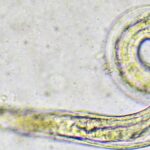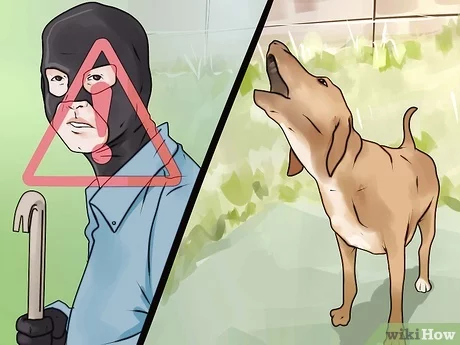What Happens If A Dog Eats Raw Chicken
As a dog owner, it’s important to be aware of the potential dangers that your furry friend can face. One such danger is the ingestion of raw chicken, which can have serious consequences for your pet’s health. In this article, we’ll explore what happens if a dog eats raw chicken and what steps you can take to prevent it from happening.
Firstly, it’s worth noting that dogs are natural carnivores and therefore have a digestive system that is well-suited to processing raw meat. However, despite their natural inclinations, feeding your dog raw chicken comes with its own set of risks.
One of the main concerns when it comes to consuming raw chicken is the risk of bacterial contamination. Raw chicken can contain harmful bacteria such as Salmonella and Campylobacter, which can cause vomiting, diarrhea, and even severe illness in both humans and animals. Dogs are particularly vulnerable to Salmonella infections due to their weakened immune systems.
If your dog has consumed raw chicken contaminated with these bacteria, they may experience symptoms such as lethargy, fever, loss of appetite, abdominal pain, and dehydration. In severe cases, the infection can lead to sepsis or organ failure.
Another risk associated with feeding your dog raw chicken is the potential for them to develop an obstruction in their digestive tract. This can occur if your dog swallows bones or other indigestible parts of the chicken, which can become lodged in their intestines and cause blockages.
If your dog has ingested raw chicken bones or other foreign objects, they may exhibit symptoms such as vomiting, diarrhea, constipation, abdominal pain, and lethargy. In some cases, surgery may be required to remove the obstruction.
So what steps can you take to prevent your dog from eating raw chicken? Firstly, make sure you always cook any meat thoroughly before feeding it to your pet. This will help kill off any harmful bacteria and reduce the risk of contamination.
Secondly, never give your dog cooked chicken bones. These can splinter and cause serious damage to your pet’s digestive system. Instead, opt for boneless chicken or specially formulated dog treats that are designed to promote good oral health.
Finally, keep an eye on your dog when they are outside or in areas where they may come into contact with raw chicken. If you suspect that your dog has consumed raw chicken or any other potentially harmful substance, seek veterinary attention immediately.
In conclusion, while dogs may have a natural inclination towards consuming raw meat, feeding them raw chicken comes with its own set of risks. By taking the necessary precautions and ensuring that your pet only eats properly cooked meat, you can help keep them safe and healthy. Remember, prevention is always better than cure when it comes to the health of your furry friend!



